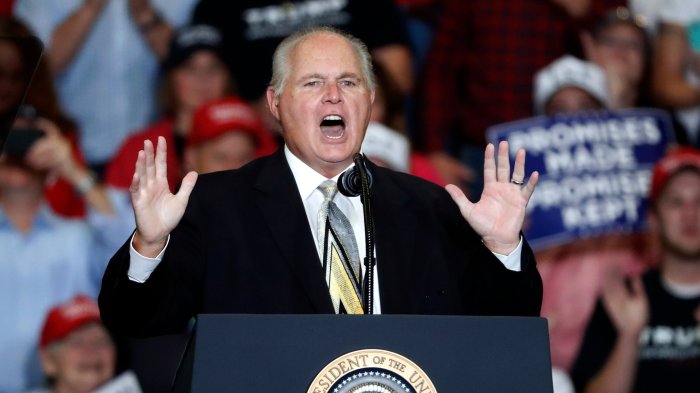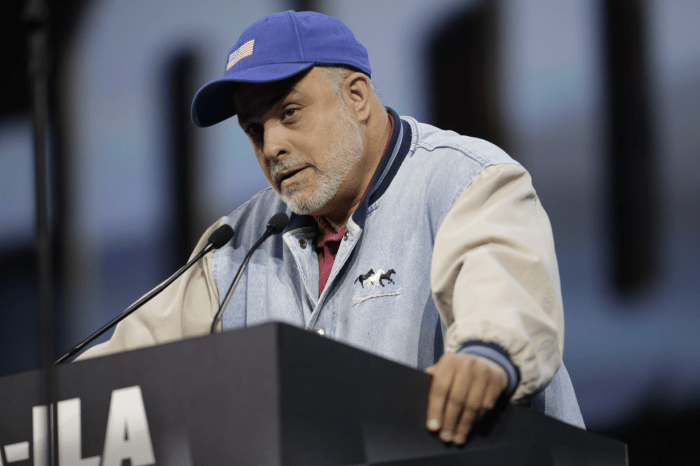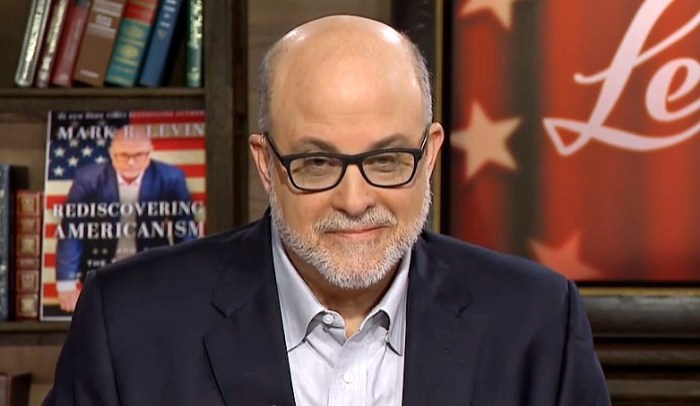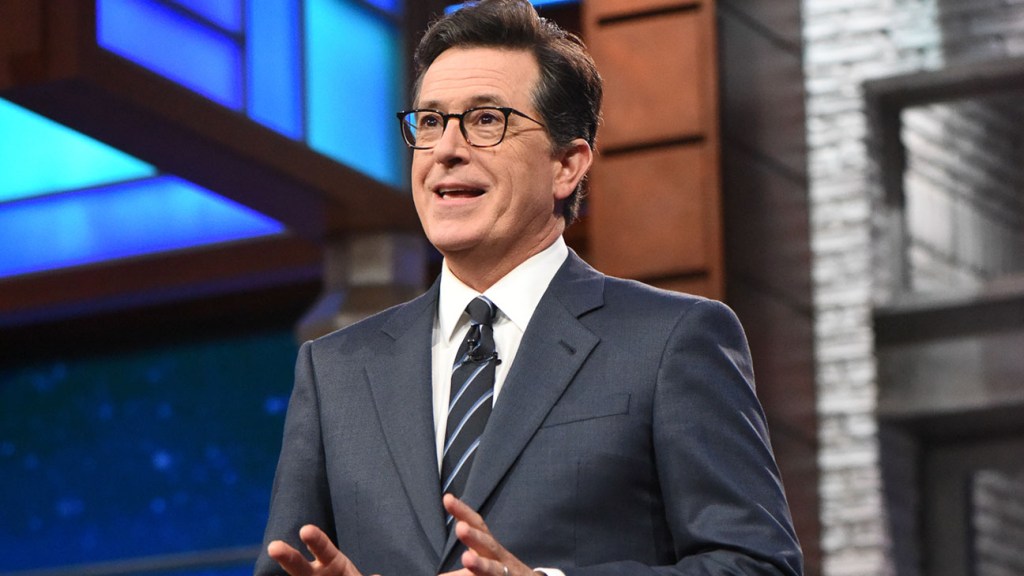Political talk radio is populated primarily by liberal hosts – Political talk radio, a prominent medium for political discourse, is characterized by a striking disparity in host demographics. This essay delves into the reasons behind the prevalence of liberal hosts in this influential arena, examining the host demographics, content analysis, audience engagement, political impact, and historical context of political talk radio.
The demographics of political talk radio hosts reveal a clear imbalance, with liberals holding a significant majority. This disparity extends to gender, age, and ethnicity, with liberal hosts typically being male, older, and white. Furthermore, content analysis of liberal talk radio shows uncovers common themes, topics, and perspectives that reflect the ideological leanings of their hosts.
Political Talk Radio Host Demographics

Political talk radio in the United States is predominantly hosted by white men. A 2018 study by the Shorenstein Center on Media, Politics and Public Policy at Harvard University found that 85% of political talk radio hosts are male, 90% are white, and the average age is 56. Liberal hosts are more likely to be female and younger than conservative hosts.
For example, Rachel Maddow, a prominent liberal host, is a woman in her 40s, while Rush Limbaugh, a well-known conservative host, is a man in his 70s.
Content Analysis of Liberal Talk Radio

Liberal talk radio hosts often discuss current events, politics, and social issues. They typically present a progressive perspective on these topics and are critical of conservative policies and politicians. Common themes on liberal talk radio shows include economic inequality, climate change, and social justice.
Liberal hosts also frequently interview guests who share their views, such as politicians, activists, and journalists.
Audience Engagement with Liberal Talk Radio

Liberal talk radio has a loyal audience of listeners who are typically interested in politics and current events. These listeners are more likely to be Democrats or independents than Republicans. They often listen to liberal talk radio shows to stay informed about the news and to hear perspectives that align with their own.
Liberal talk radio hosts also engage with their audience through social media and other online platforms.
Political Impact of Liberal Talk Radio

Liberal talk radio can have a significant impact on public opinion and political discourse. By providing a platform for progressive voices, liberal talk radio helps to shape the national conversation about important issues. Liberal talk radio hosts can also mobilize their listeners to take political action, such as voting or donating to campaigns.
Historical Context of Liberal Talk Radio: Political Talk Radio Is Populated Primarily By Liberal Hosts
Liberal talk radio has a long history in the United States. The first liberal talk radio show was hosted by Harry Truman in the 1940s. In the 1960s and 1970s, liberal talk radio hosts such as Norman Corwin and Bill Moyers became prominent voices in the anti-war movement.
In the 1980s and 1990s, liberal talk radio hosts such as Al Franken and Air America Radio’s Randi Rhodes gained popularity.
FAQ Explained
Why are there so many liberal hosts on political talk radio?
The reasons for the predominance of liberal hosts on political talk radio are complex and multifaceted, involving factors such as historical trends, audience demographics, and media ownership.
What are the common themes discussed on liberal talk radio shows?
Liberal talk radio shows often focus on topics such as social justice, economic inequality, environmental protection, and government accountability.
How do liberal talk radio hosts engage with their audience?
Liberal talk radio hosts engage with their audience through call-in segments, social media, and live events, fostering a sense of community and encouraging active participation.